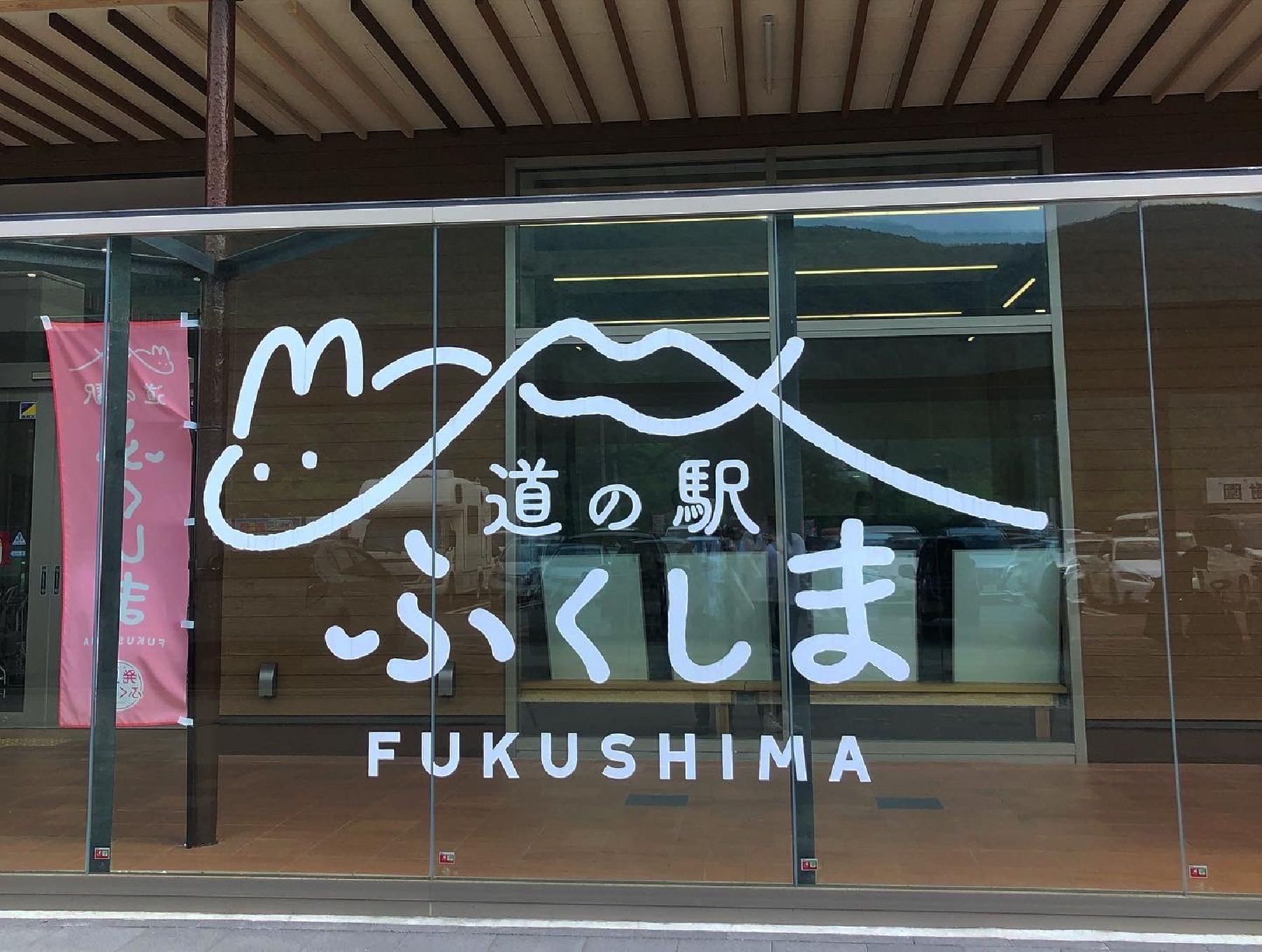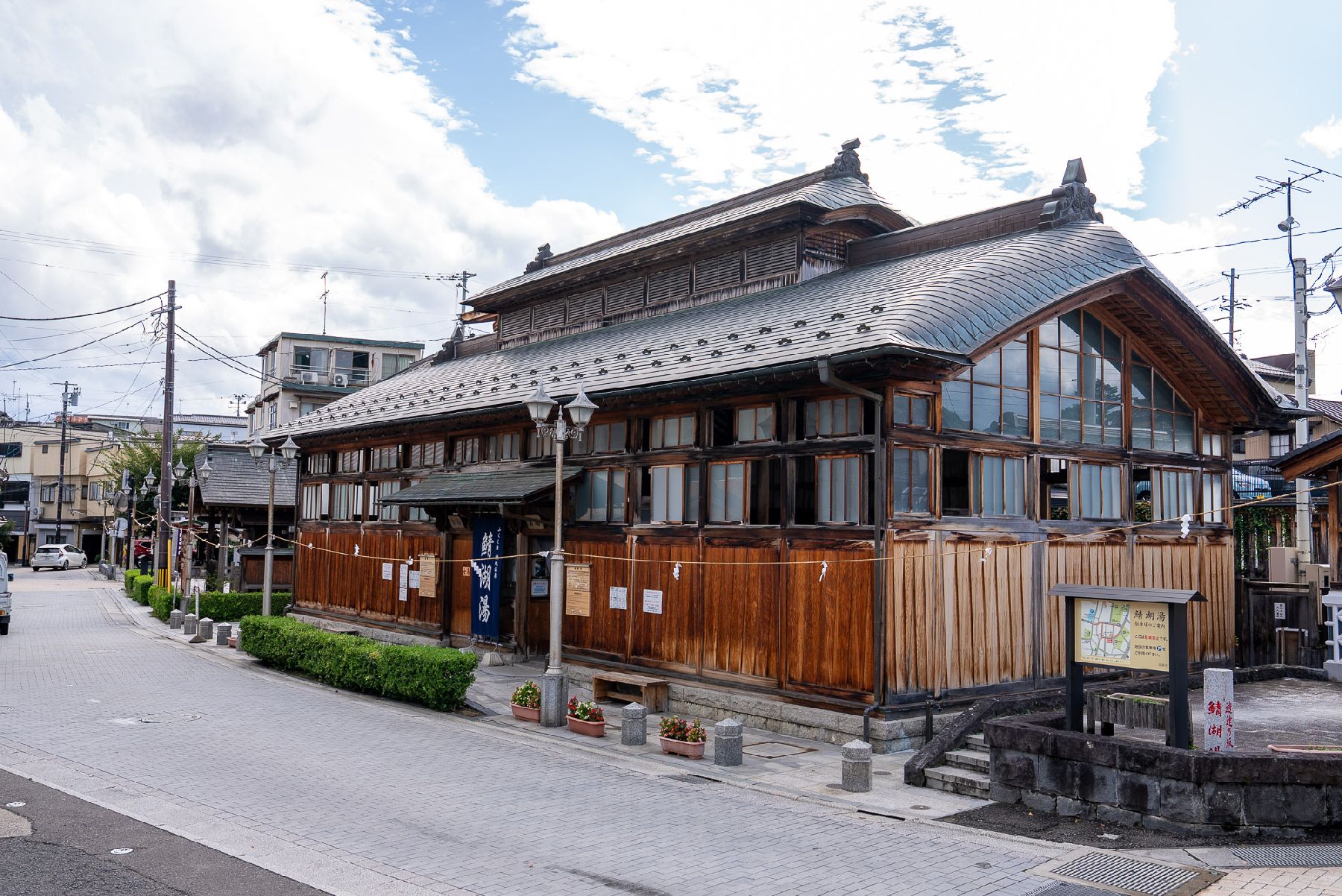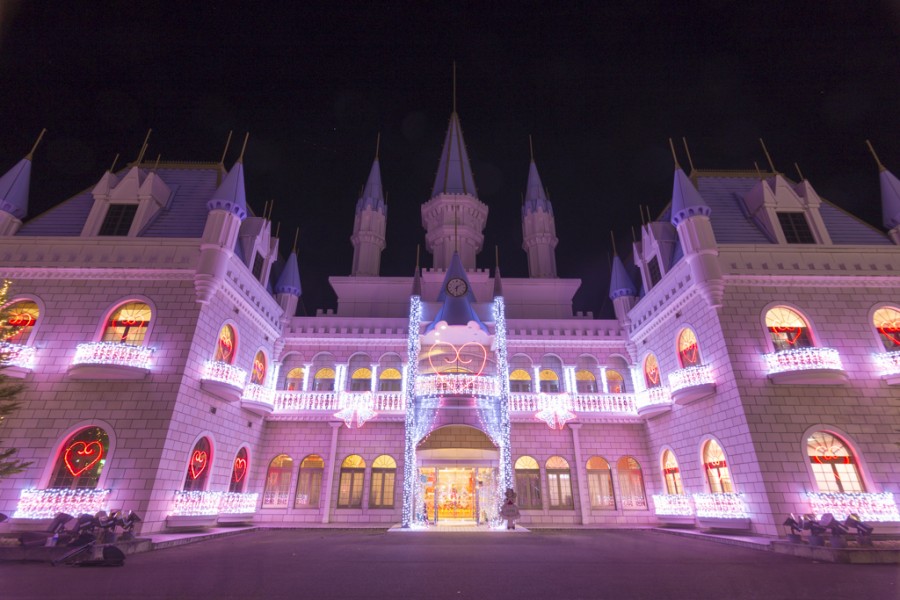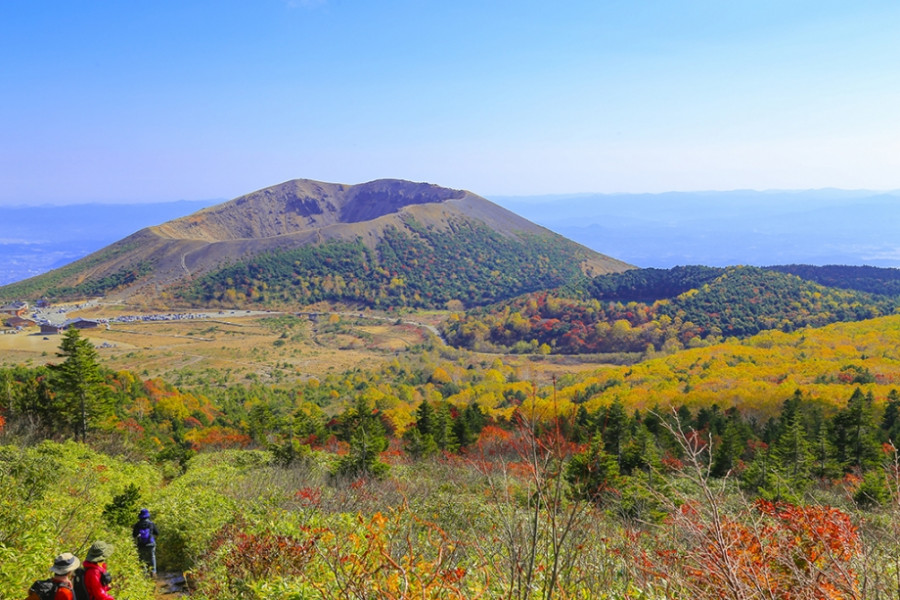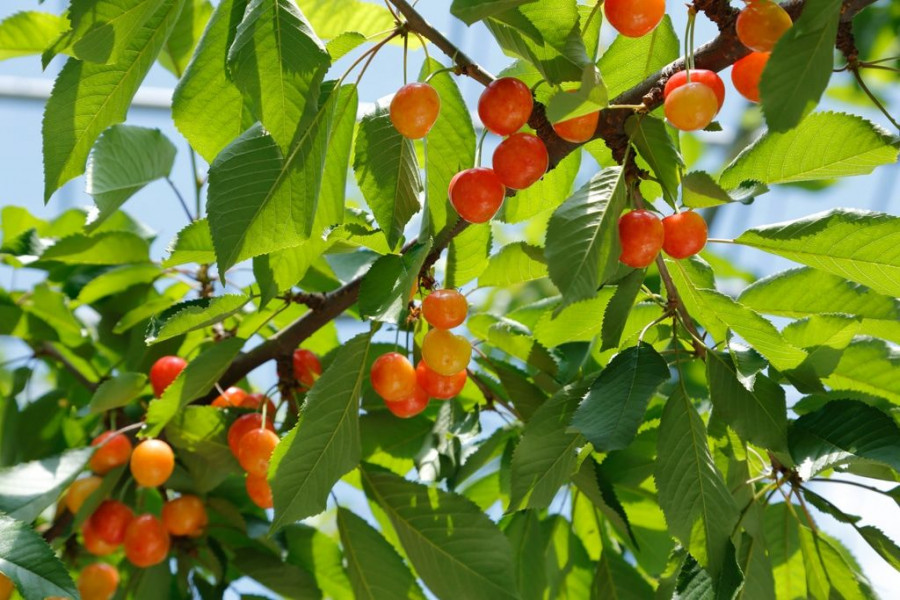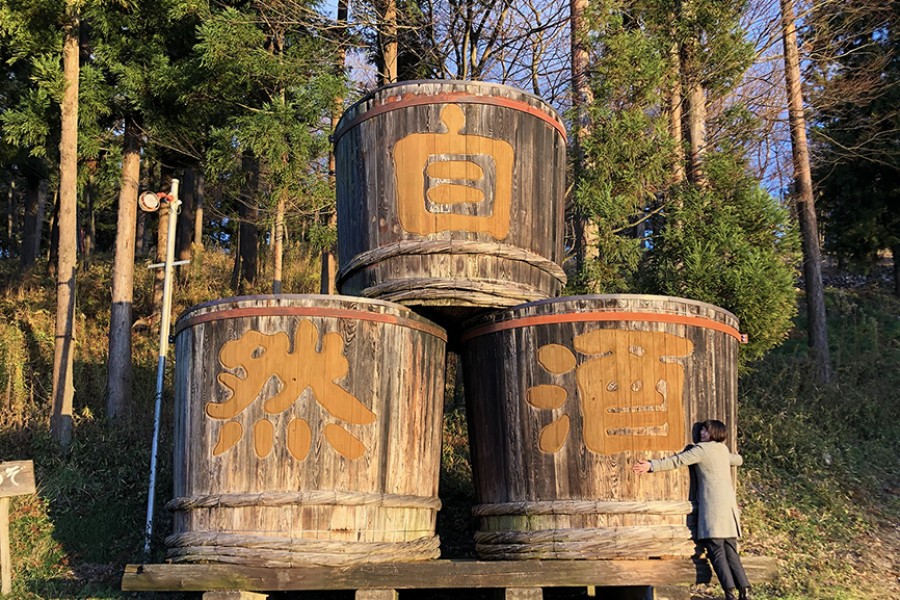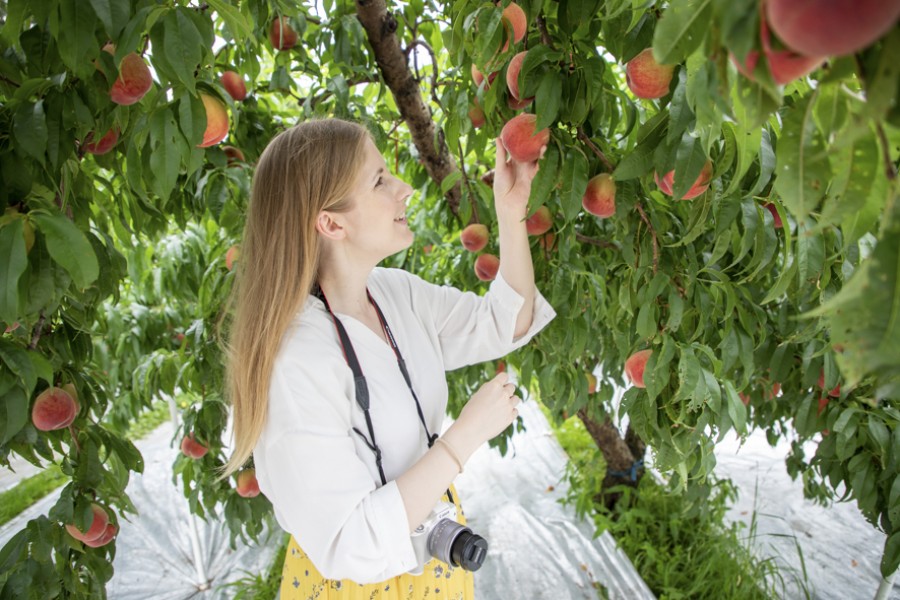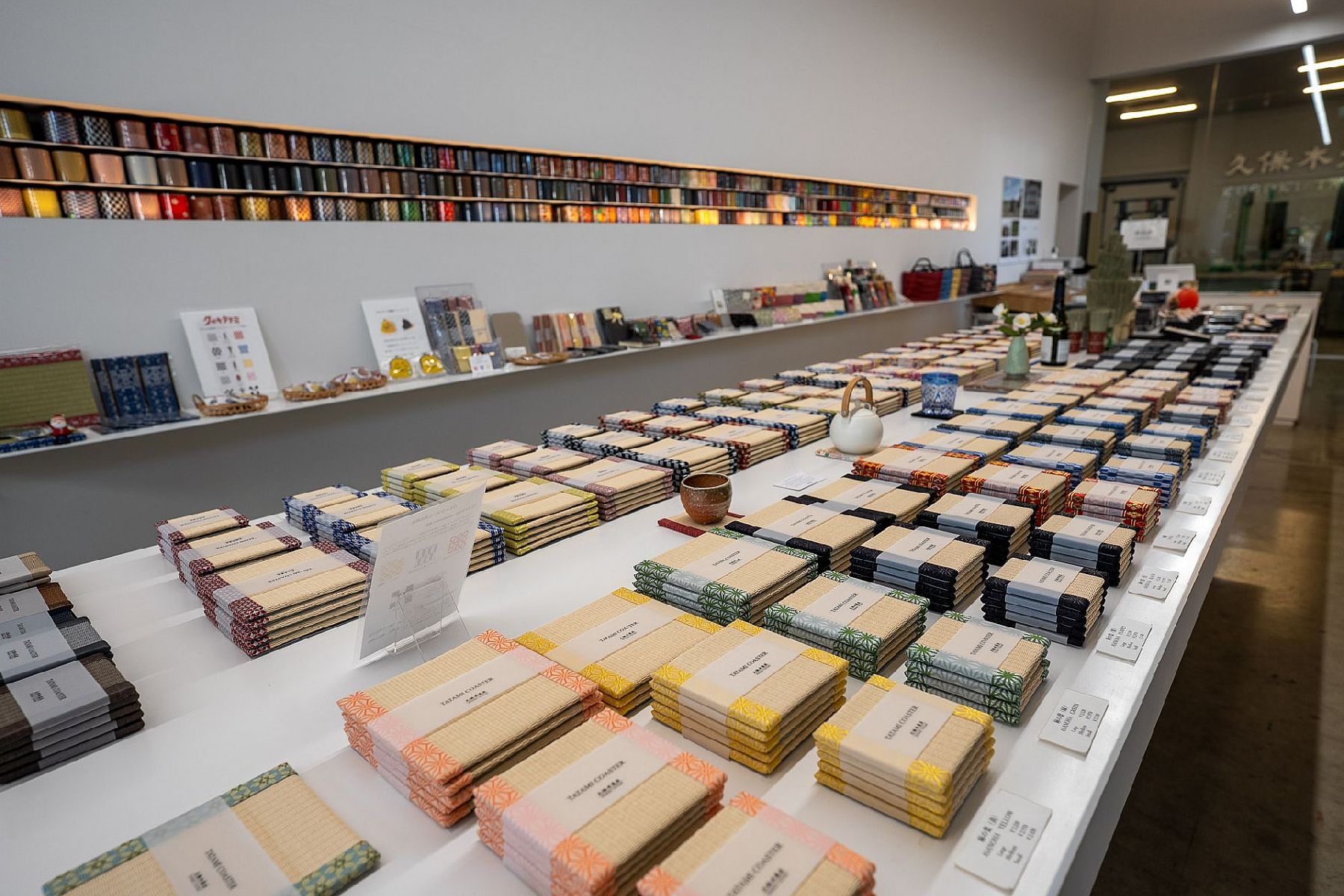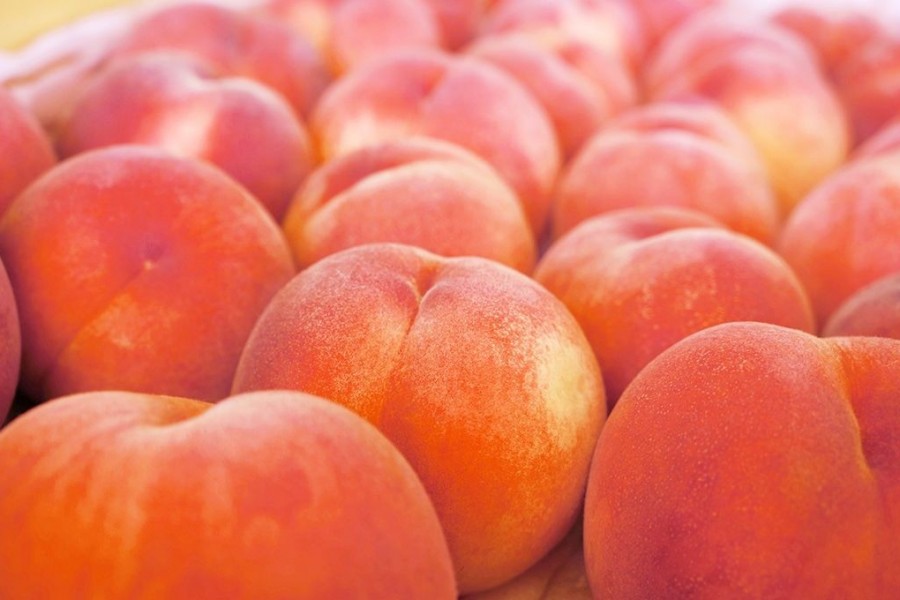
Pick-Your-Own Fruit in Fukushima City
Fukushima is renowned for its delicious fruits, and a wide variety of direct-sale farmer's fruit stalls, 30 minute all-you-can pick tourist orchards, and other fruit attractions can be found among the vast fruit fields and orchards that line the "Fruit Line," which is the nickname for a road that runs for 14 km along the base of Mt. Azuma, and the "Peach Line (National Road 13)," which runs along the train tracks. Come and enjoy the bounty of cherries, peaches, Japanese pears, grapes, and apples of Fukushima City, known as the Fruit Kingdom of Japan!Check out our full updated guide to Fukushima fruit picking here.See below for when each fruit is in season: Strawberries....January to May Cherries..........June to July Peaches..........July to September Nashi Pears....August to October Grapes............August to October Apples.............October to DecemberFruit Picking at Marusei Orchard: Info & Booking
